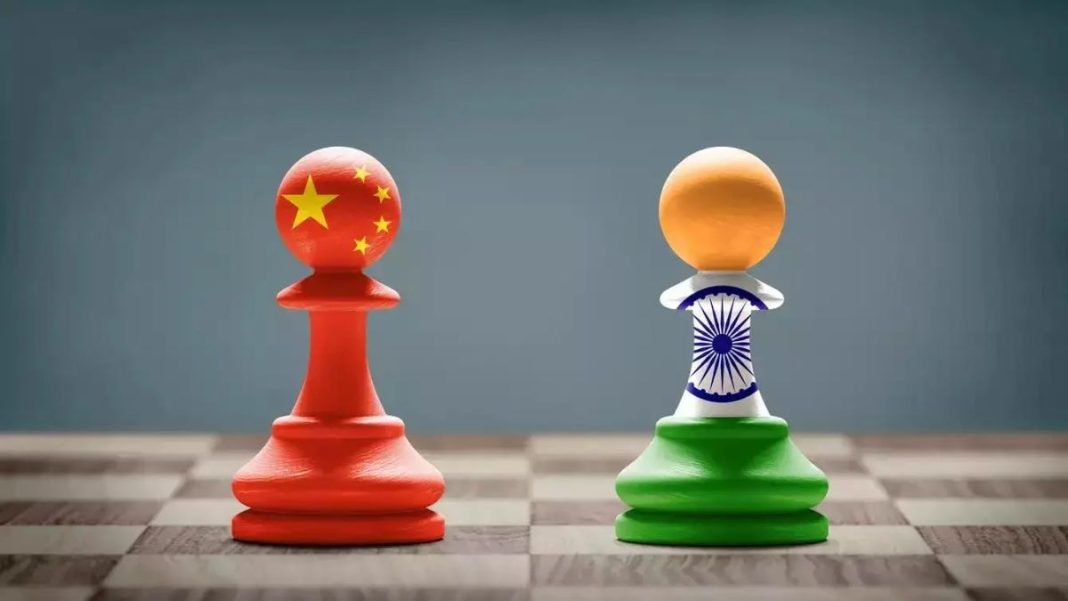Key Takeaways
- China challenges India’s EV subsidies at WTO, alleging unfair competition
- Consultations initiated as first step in WTO dispute resolution process
- India has 60 days to respond to the allegations
- Three major Indian EV schemes under scrutiny: PM E-Drive, PLI ACC, and Auto PLI
China has formally approached the World Trade Organization against India’s electric vehicle and battery subsidies, claiming these incentives create unfair competition and harm Chinese industry interests.
Beijing has requested consultations with New Delhi regarding its support programs for EVs and batteries, according to China’s commerce ministry.
China’s Position
The Chinese ministry stated: “China will take resolute measures to effectively safeguard the legitimate rights and interests of its domestic industries.”
“China has noted that for some time, a number of India’s economic and trade measures have been suspected of violating regulations, which have attracted widespread concern among WTO members. We urge India to abide by its relevant WTO commitments and immediately correct its erroneous practices,” the ministry added.
India’s EV Support Programs
India operates multiple schemes to build a competitive electric vehicle ecosystem:
- PM E-Drive Scheme (Rs 10,900 crore): Offers demand incentives for electric two-wheelers, three-wheelers, buses, trucks, and ambulances while supporting charging infrastructure development.
- PLI ACC Scheme (Rs 18,100 crore): Supports domestic manufacturing of advanced battery cells targeting 50 GWh capacity.
- Auto PLI Scheme (Rs 25,938 crore): Incentivizes domestic production of electric vehicles and critical components including motors, battery systems, and magnets.
WTO Dispute Process
Consultations represent the initial phase of WTO dispute resolution, allowing parties to negotiate solutions without litigation. If talks fail within 60 days, China can request formal adjudication by a panel.
However, the WTO’s appellate body has been non-functional since December 2019, leaving most disputes in limbo without final resolution.
China alleges India’s subsidies violate WTO obligations, including national treatment rules and prohibitions on import substitution subsidies.




